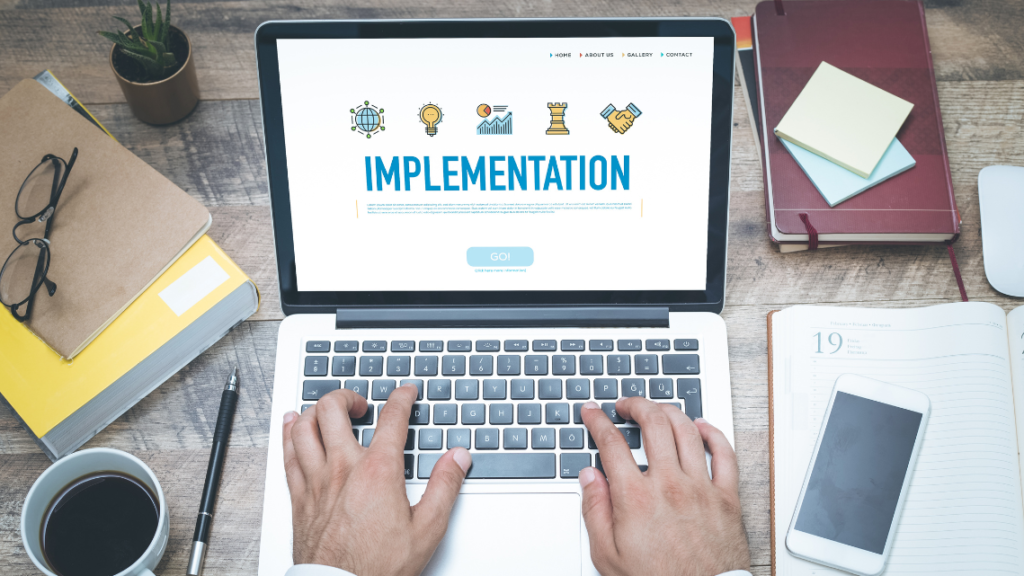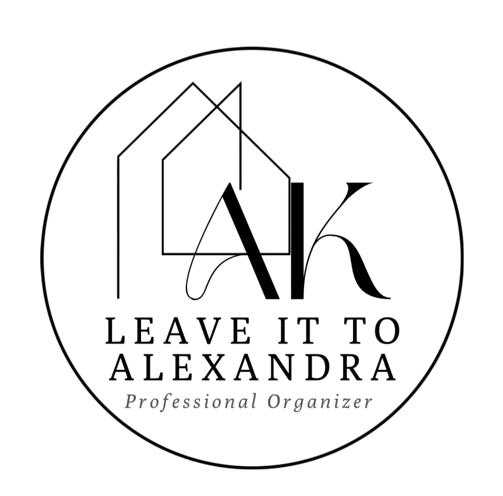Identify Your Key Objectives
Leverage the Eisenhower Matrix
The Eisenhower Matrix is a powerful tool that helps in categorizing tasks based on urgency and importance. This matrix helps you decide whether to:
- Do: Handle urgent and important tasks immediately.
- Schedule: Plan for important but less urgent tasks.
- Delegate: Assign urgent but less important tasks to others.
- Eliminate: Remove tasks that are neither urgent nor important.
Using this strategy ensures you focus on what truly matters, enhancing your overall efficiency.
Focus on High-Impact Tasks with the 80/20 Rule
The Pareto Principle, or 80/20 rule, states that 80% of your results come from 20% of your efforts. Identifying these high-impact tasks and prioritizing them ensures you’re using your time and energy where it counts most. This strategy is particularly effective in business settings where the focus is on maximizing returns with minimal effort.

Implement Time Blocking
Time blocking is a technique where you allocate specific periods for different tasks. This method not only keeps you organized but also prevents distractions and multitasking, both of which can reduce productivity. Schedule your day with dedicated time blocks for high-priority tasks and stick to them.
The Power of Saying No
Learning to say no is a critical skill for prioritization. Taking on too many tasks can overwhelm you and dilute your focus. Evaluate every new request against your current priorities, and don’t hesitate to decline tasks that don’t align with your goals. This approach ensures you have the bandwidth to focus on what truly matters.
Regular Review and Adjustment
Your priorities will evolve, so regular review and adjustment are necessary. Set aside time weekly to assess your progress and make any necessary changes. This ongoing process ensures you stay aligned with your goals and adapt to any new challenges or opportunities that arise.
Automation and Delegation
Automating routine tasks and delegating responsibilities can free up significant time. Automation tools handle repetitive tasks, allowing you to focus on more critical activities. Delegation, on the other hand, enables you to leverage the strengths of others, ensuring tasks are completed efficiently without overburdening yourself.
Avoid Perfectionism
Perfectionism can be a major hindrance to productivity. While it’s important to aim for quality, spending excessive time on minor details can prevent you from completing tasks on time. Strive for excellence, but recognize when something is good enough and move on to the next task.
Minimize Distractions
Distractions are productivity killers. Identify common distractions in your environment and take steps to minimize them. This could involve setting boundaries with colleagues, using apps to block distracting websites, or creating a dedicated workspace free from interruptions.
Incorporate Mindfulness
Mindfulness practices can greatly enhance your ability to prioritize. Being fully present in each moment allows you to make more deliberate decisions about how to spend your time. Incorporating mindfulness techniques such as meditation or deep breathing can improve focus and decision-making.
Conclusion: Mastering Prioritization for Success
Mastering the art of prioritization is essential for achieving more in less time. By focusing on key objectives, leveraging tools like the Eisenhower Matrix and Pareto Principle, and regularly reviewing and adjusting your priorities, you can significantly boost your productivity. Implement these strategies today, and you’ll see a noticeable improvement in your ability to get things done.
For more productivity tips and strategies, visit Leave It To Alexandra.

